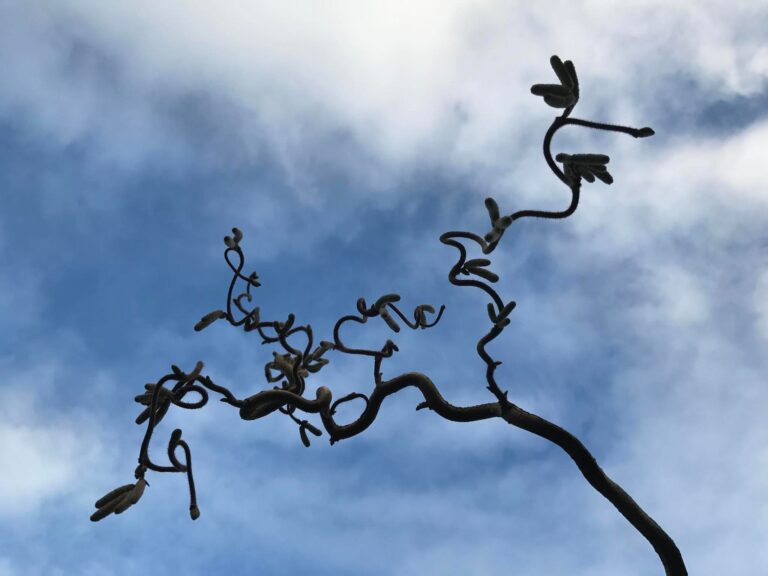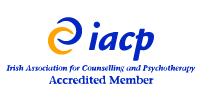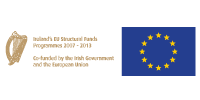I attended an online workshop last night on forgiveness. The evening and attendees of over 90 people were facilitated by Robin Shohet. Robin lives in England and has been a friend of mine and ICPPD for many years. I attended many therapeutic workshops facilitated by him over the years and later he was one of our international guest lecturers on ICPPD’s Diploma in Supervision across Professions – A Holistic Approach. This one-year supervision course delivered over 15 days during the academic year is accredited by IACP.
Not having met Robin since before the COVID pandemic I was delighted to be part of the workshop on forgiveness last night. This was an engaging, interactive, interesting workshop which comprised of several journal exercises, feedback through the chat and online interaction with the facilitator. Over the course of the evening Robin referred to a Course in Miracles, and on page 354, are the words “to forgive is merely to remember only the loving thoughts you gave in the past, and those that were given to you”. This all sounds rational and easily done, and of course we all know from our own experience and that of others we know -this is not an easy task.
I checked for definitions of forgiveness and according to Google – psychologists generally define forgiveness as “a conscious, deliberate decision to release feelings of resentment or vengeance towards a person or group who has harmed you, regardless of whether they actually deserve your forgiveness”. The Greek word translating forgiveness literally means to ‘let go’, as when a person does not demand payment for a debt.
According to the Merriam Webster dictionary the meaning of forgive is “to cease to feel resentment against (an offender): to pardon”. The Cambridge dictionary says to stop being angry with someone who has done something wrong: and the “act of forgiving or the willingness to forgive”.
My perspective is that forgiveness is a vital spiritual and emotional practice, and yet it is one of the hardest things to do. The idea of forgiveness can be conflicting as thoughts and emotions query how we could ever forgive someone who has wronged us or hurt us. Theorists who write on this topic claim it as a core theme in spiritual practices and claim it is necessary if we want to live with freedom and grace. Psychologically it is agreed that forgiveness is important for the mental health of those who have been victimised. It propels people forward rather than keeping them emotionally engaged in an injustice or trauma. Forgiveness according to research has been shown to elevate mood, enhance optimism, and guard against anger, stress, anxiety, and depression.
In my work as a counsellor/psychotherapist I have witnessed forgiveness as, involving admitting that one has been hurt, working through the feelings related to that hurt, and then moving beyond them. This includes forgiveness of self. My experience as a person and as a therapist is we need to bring compassion and forgiveness to the parts of ourselves that have been hurt. It is not necessary for the client to forgive an abuser. I would go so far as to say forgiveness can only happen if the trauma experience has been fully processed, understood, and accepted. Each client is unique and needs to be given the time to go through every stage. Forgiveness also does not mean condoning or forgetting about behaviour that was harmful.
During the evening I was reminded several times of how easily I forget what I already know, and most of all it provided me with an opportunity to slow down for two hours, and connect with myself physically mentally, emotionally, and spiritually.
We explored and experimented with various philosophical and psychological concepts. This was all underpinned by a deep appreciation of the loving energy of forgiving others and self. It is safe to say that there was clarity around the difference of not accepting unacceptable behavior, and not condoning any act of injustice, unfairness, inequality, abuse.
There was in fact an emphasis on the interconnectedness and oneness of all human beings, our inherent goodness, our longing to belong, and our true nature being love.
We were gifted by Robin with nuggets of wisdom and experience both personal and professional from his own life. Indeed, the collective sharing invited and supported all of us present to remain curious about our interactions, the stories we tell ourselves, our original guilt, childhood wounds, first wounds, and adult hurt, among other discussion points and comments.
I learned or remembered that when I don’t forgive, I am closing my heart to protect myself. There are four lenses to view myself or another or a situation through. If I look through the lens of judgment and fear, I am separating myself from you and blaming you and I am a victim. If I look through the lens of curiosity and love, then I am remaining open and staying connected to you. I was reminded that lack of forgiveness of self is underneath my lack of forgiveness for the other.
I heard an interesting comment that if I am unforgiving of someone’s behaviour and they have changed or are trying to improve their behaviour and life – then I am blaming a ghost. I see only the past and I am stuck in my unforgiveness. My heart is closed, and I am hurting myself.
It was interesting to consider the interconnectedness of all of us. The example given of us as a person having Putin or Trump parts was humbling, and how we are all in this world together to interact and live as a global community was inspiring.
I was curious to hear that I am ‘never upset for the reason I think’ and if I blame myself, it is an ‘act of cruelty to self’. It was pointed out that self-torture and self-blame is the ‘tyrant’ within and how if we bring self-compassion and self-love to the situation, we ‘soften our gaze’ with understanding and appreciation of our humanity. This is not to say that taking responsibility for our actions is dismissed or diminished. Our well-being is our responsibility.
We finished last night with the traditional Hawaiian practice of reconciliation and forgiveness, Ho’oponopono, and how when I bring the energy of this invocation or prayer that something shifts, and healing can happen for the person saying it and for the people it is spoken about. The simple words of –
I am sorry.
Please forgive me.
Thank you.
I love you.
The final word from the facilitator was “Love is who I am, Love is who you are”.
All the above resonates with me and is a philosophy that underpins our programme content, and the spirituality of the experiential learning at ICPPD. This all supports the holistic ethos and understanding of the interconnectedness of body, mind and spirit that weaves through all programmes at ICPPD, including the BA in Holistic Counselling and Psychotherapy, Diploma in Supervision across Professions – A Holistic Approach, Certificate in Psychosynthesis, Diploma in Expressive Arts, and the Certificate in Introduction to Holistic Counselling and Psychotherapy and the Certificate in Personal Development.
Christine Moran








